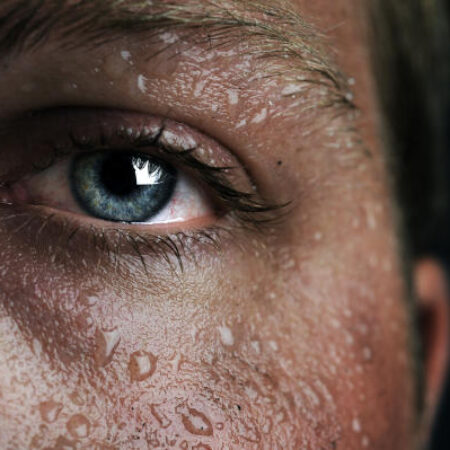As soon as John walked into my office, I knew he was suffering. He was in his mid-40’s, a former EMT, yet as he sat down he looked anything but strong and alert. He was sweating bullets on a cool Fall day, doubled over with pain and nausea, and could barely speak to answer the necessary intake questions. I thought to myself, ‘Wow, I wouldn’t wish this on anyone.’ John was going through withdrawals from drug and alcohol use. He was being admitted into a detox program for a few days, so I knew help was just around the corner for him.
What’s your story?
Have you recently made the decision to stop using drugs or alcohol? If so, congratulations! This is a really big deal and an important step! You’ve decided the negative consequences of using or drinking alcohol far outweigh the reasons to keep it up.
So, now what?
If your brain and body are truly dependent on a substance, please don’t go cold turkey! Why do I warn against this approach? Those who are heavily addicted to substances generally use large amounts daily, have been using for a long time, don’t get much of the desired effect anymore, and have physical withdrawal symptoms when they try to cut back.
If you’ve ever witnessed anyone going through withdrawal symptoms from drugs or alcohol, you know it is an awful experience! But did you know it can also be extremely dangerous, and even deadly?
Why go it alone?
If you have a physical dependence and want to quit, please go to a professional detoxification program where you can be medically supervised. This approach is critical to monitor blood pressure and other vital signs to prevent seizures and other life-threatening complications.
A few benefits of professional detox include receiving medication to lessen the harsh symptoms of withdrawal, getting connected with a recovery community and resources, and help with figuring out your next step to recovery—whether it be residential rehab, intensive outpatient program, or outpatient counseling.
You might think you’re young enough, strong enough, and brave enough to withdraw on your own, but please use all of that strength and courage to get the professional help you need to withdraw safely. It can be a life-saving decision.
SAMHSA (The Substance Abuse and Mental Health Services Administration) has a free, confidential, 24-hour helpline to assist you in locating treatment. Their number is 1-800-662-HELP (4357).

